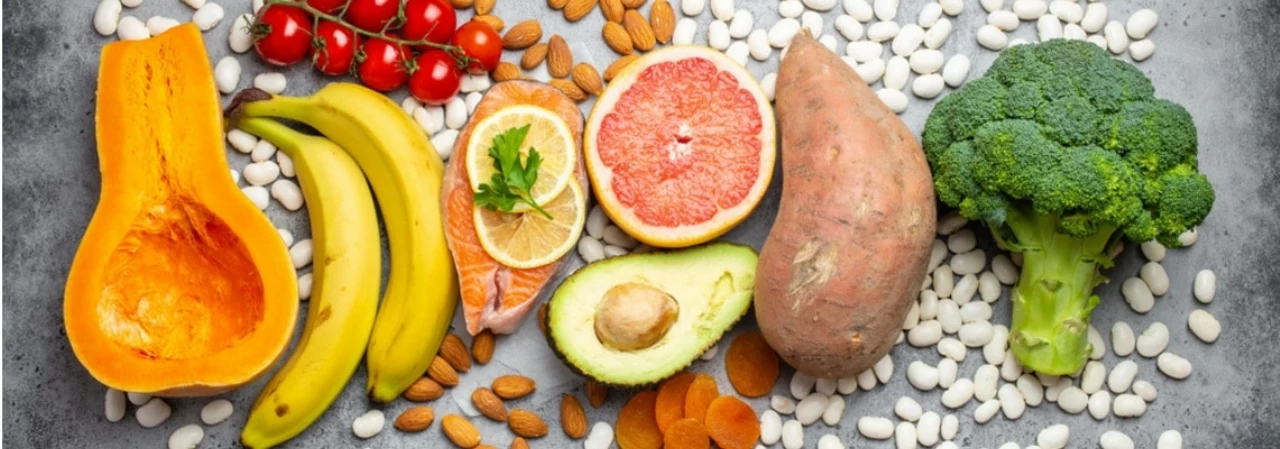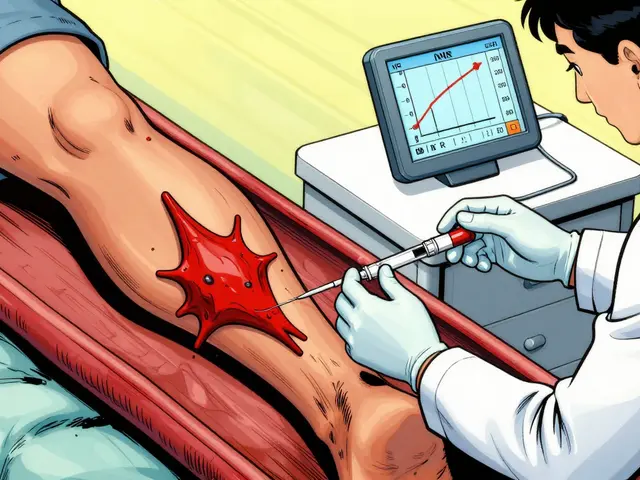Anemia: Causes, Symptoms, and Simple Steps to Feel Better
Feeling tired all the time? Anemia is often the culprit. It's more than low iron — it's a shortage of healthy red blood cells that carry oxygen. Without enough oxygen, your body slows down and so do you.
Common signs: constant fatigue, pale skin, shortness of breath with little effort, fast heartbeat, dizziness, cold hands and feet, and headaches. Count on these symptoms to show up gradually, not overnight. If you're suddenly short of breath or fainting, get urgent care.
What causes anemia?
There are three main reasons: you don't make enough red blood cells, you lose them, or they break down too fast. Iron-deficiency from blood loss or poor diet is the most common. Other causes include vitamin B12 or folate shortages, chronic diseases (kidney disease, autoimmune issues), genetic problems like sickle cell, and some medicines.
Women with heavy periods, people with stomach ulcers, and those who have poor absorption after stomach surgery often run low on iron. Vegans and strict vegetarians can miss B12 unless they supplement. Older adults often have anemia tied to chronic disease or low nutrition.
How anemia is diagnosed and treated
Diagnosis starts with a simple blood test: complete blood count (CBC). Your doctor may also check iron levels, ferritin, B12, folate, and tests for kidney function. Sometimes they look for hidden bleeding with stool tests or scopes.
Treatment depends on the cause. Iron-deficiency often improves with oral iron pills; take them with vitamin C and avoid caffeine and calcium at the same time. If oral iron causes nausea, your doctor may suggest an IV iron infusion. B12 deficiency needs injections or high-dose oral B12. If a medication or chronic illness causes anemia, treating that issue helps the blood count rise.
Diet helps but won't fix severe cases fast. Eat lean red meat, beans, lentils, spinach, fortified cereals, eggs, and nuts. Pair iron-rich plant foods with vitamin C from citrus or peppers to boost absorption. For B12, include dairy, eggs, fortified plant milk, or take supplements.
When to see a doctor? If you feel unusually tired, pale, lightheaded, or find you bruise easily — get checked. Also see your doctor for heavy periods, persistent stomach pain, or black stools, which could mean internal bleeding.
Quick tips: don't self-prescribe high-dose iron long-term — too much iron can harm your liver and heart. Bring copies of past blood tests to appointments. If you're pregnant, anemia is common and treatable, so share any symptoms early.
Anemia is common and usually treatable when you know the cause. With the right tests and a clear plan — diet, supplements, or medical treatment — most people regain their energy. If you want, check our site for articles on specific meds, iron supplements, and related conditions.
Want deeper info? Read articles on iron supplements, B12 injections, anemia in pregnancy, and when to consider blood transfusion. Our guides explain dosages, side effects, and realistic timelines for recovery so you know what to expect and when to follow up.






